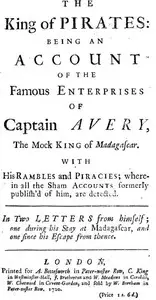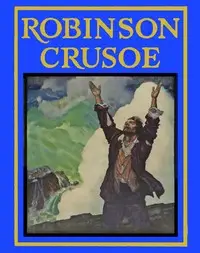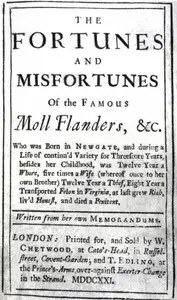"The Life, Adventures & Piracies of the Famous Captain Singleton" by Daniel Defoe is an early 18th-century novel about the transformation of a young boy, kidnapped from his home, into the infamous Captain Singleton; the tale begins with his abduction and the challenges he faces growing up under the care of questionable figures, including a gipsy and later a ship's master sailing to Newfoundland. After being captured by pirates, Singleton's life takes a sinister turn, exposing him to the cruel realities of life at sea, crafting a striking illustration of danger and moral uncertainty. Early on, the novel establishes a sense of adventure and survival while exploring themes of destiny, toughness, and the brutal truth of piracy. Singleton's character is shown as both a casualty and criminal, suggesting complexities yet to be revealed throughout his voyages.

The Life, Adventures & Piracies of the Famous Captain Singleton
By Daniel Defoe
From a snatched childhood to a life of piracy on dangerous high seas, a man’s fate is sealed by blood and adventure.
Summary
About the AuthorDaniel Defoe was an English novelist, journalist, merchant, pamphleteer and spy. He is most famous for his novel Robinson Crusoe, published in 1719, which is claimed to be second only to the Bible in its number of translations. He has been seen as one of the earliest proponents of the English novel, and helped to popularise the form in Britain with others such as Aphra Behn and Samuel Richardson. Defoe wrote many political tracts, was often in trouble with the authorities, and spent a period in prison. Intellectuals and political leaders paid attention to his fresh ideas and sometimes consulted him.
Daniel Defoe was an English novelist, journalist, merchant, pamphleteer and spy. He is most famous for his novel Robinson Crusoe, published in 1719, which is claimed to be second only to the Bible in its number of translations. He has been seen as one of the earliest proponents of the English novel, and helped to popularise the form in Britain with others such as Aphra Behn and Samuel Richardson. Defoe wrote many political tracts, was often in trouble with the authorities, and spent a period in prison. Intellectuals and political leaders paid attention to his fresh ideas and sometimes consulted him.


















